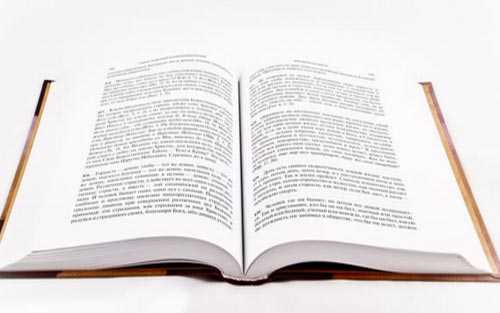英语时态有哪些特殊的变化形式
时态是英语中谓语动词所表示的动作或情况发生时间的各种形式,是各级各类考试的必考内容。基本上每个完整的子句都有一个动词,要表示第二个动作时可使用不定词、动名词、对等连接词、从属连接词或增加子句等方法连结。而在英语中根据时间和动作的种类,动词又分为了多种时态。 举例英语常见的特殊时态表达现象:

1、在see to it,make sure,make certain,be sure,look out,take care等之后的从句要用一般现在(过去、现在完成)时代替一般将来(过去将来、将来完成)时。
You must make sure the door is closed before you leave the lab. / See to it that everything is OK.
2、既定的时间如生日、日历、课时安排、交通时刻表等,通常用一般现在时表示将来动作。
The meeting starts at five o'clock. / The train leaves at three this afternoon.
3、在宾语从句中,表示客观事实或真理,一律用一般现在时。
The teacher taught us yesterday that the moon circles the earth. / Somebody told me that you are a writer.
价值300元外教英语课程领取:http://www.acadsoc.com.cn/lps/lp4.htm?search=700053 (北美原版教材)
4、以Here或There开头的句子,说明正在发生的动作,谓语动词不用现在进行时,而用一般现在时。(其实就是倒装句一种)
Here comes the bus! / There goes the bell!
5.在由as soon as,when,before,after,till等引导的时间状语从句和由if,unless,as long as,in case等引导的条件状语从句或在方式、让步状语从句中,常用一般现在时代替将来时,但主句用一般将来时。
If you come this afternoon,We'll have a meeting. / When you meet him,tell him to come to my place.
6、若句中带有always,all the time,forever,constantly等词或短语,用进行时表示一个频繁发生的动作,表示说话人赞赏或厌恶等感情。
You are always forgtting the important things. / He is constantly leaving his things behind.
7、某些词,如come,go,leave,arrive,start等可用现在进行时表示将来。
He is leaving tomorrow. / The visitors are arriving in a few minutes.
8、用表示意愿及精神状态的动词,反映的是说话者探询的态度时,动词用一般过去时表示一般现在时,显得更加有礼貌。
You must make sure the door is closed before you leave the lab. / See to it that everything is OK.
9、在含有hardly/scarcely…when,no sooner…than结构的句子中,主句用过去完成时,从句用一般过去时。(注意:主句一般倒装)
Hardly had I entered the room,when I heard a loud noise. / No sooner had he reached the door than he came back.
10、在wish,would rather的宾语从句中和在as if引导的状语从句中,以及在It is time that…的定语从句中,谓语动词用一般过去时说明现在的事情。如:
It's time you had a holiday. / He looks as if he were young.
11、表示和交待故事发生的背景情况等等。
One day Jones was walking along the street. / It was snowing as they made their way to the front.
12、与always,forever,constantly,continually,frequently等词连用,表示过去经常发生的行为,往往带有感情色彩。如:
My brother was always losing his key. / They were frequently quarrelling.
其实是英语动词的时和体。时有现在、过去、将来和过去将来;体有一般、完成、进行和完成进行。而语态有2种,即主动和被动。以上只是主动,加上被动就更多了。
所有人都明白动词的形式决定句式的时态,充分的体现英语时态语态和动作的紧密联系。掌握好动词各种时态才算掌握英语的语法大的框架。
<上一篇 英语有哪些俚语俗语与行话,应该如何使用
下一篇> 怎么学习地道趣味的英语口语,有哪些方法






评论